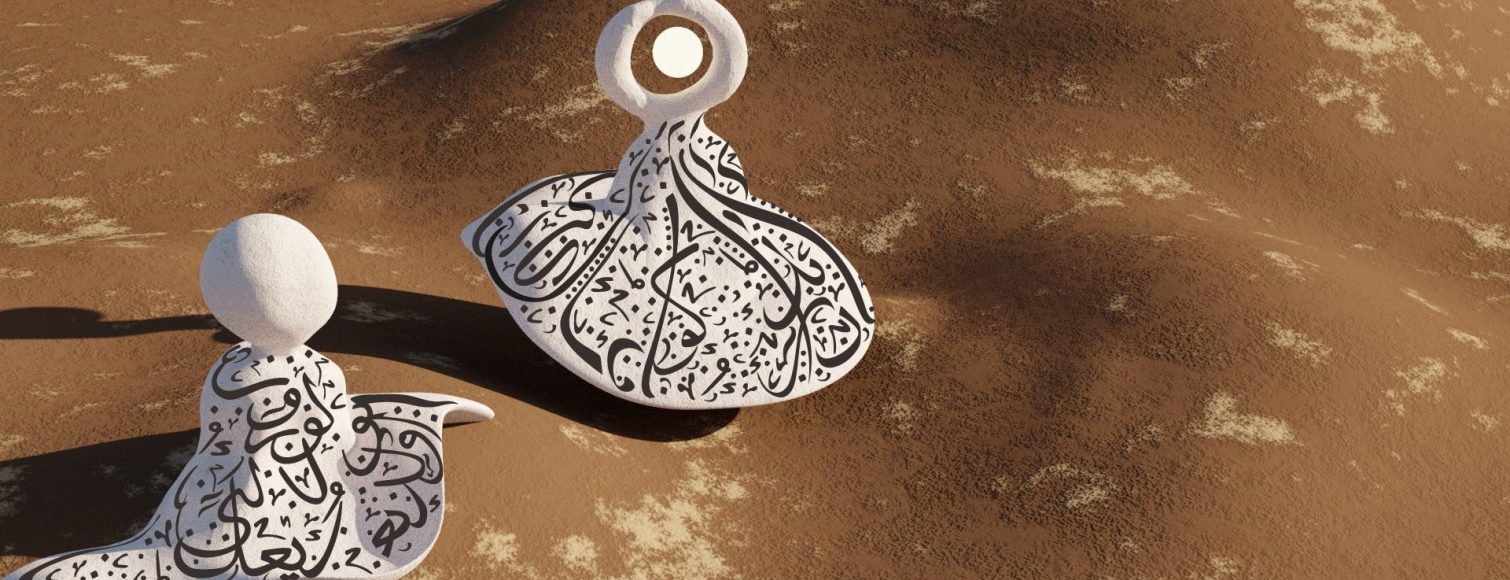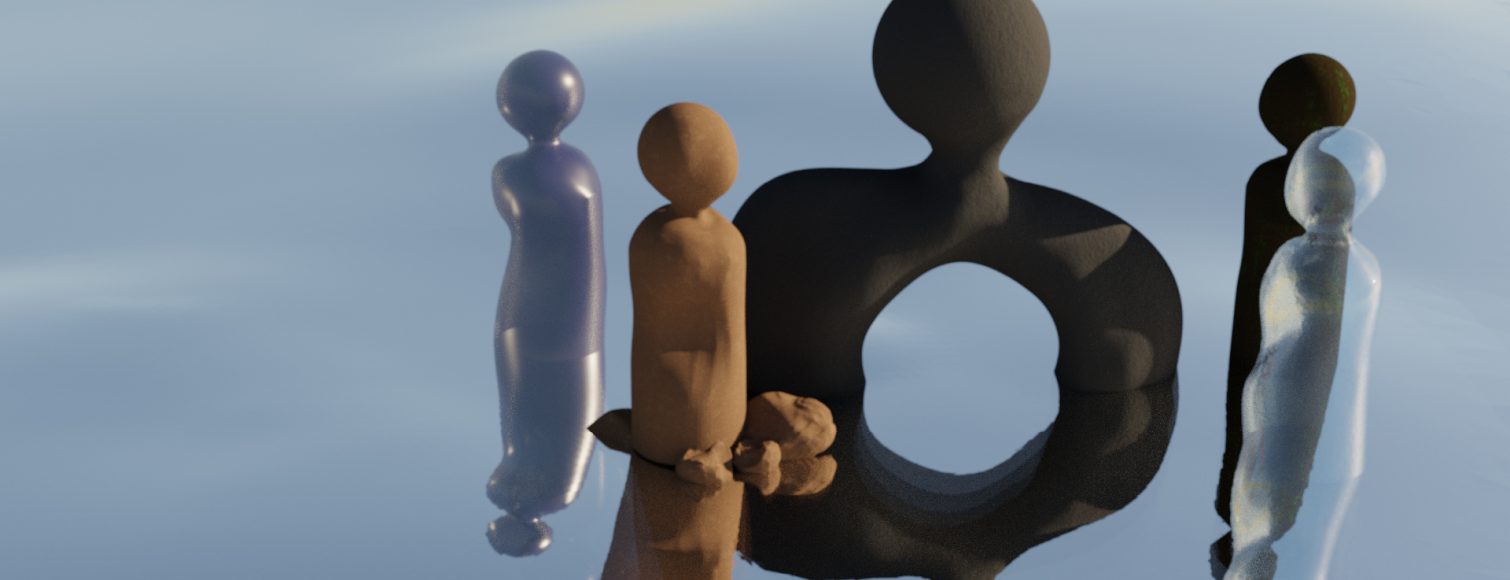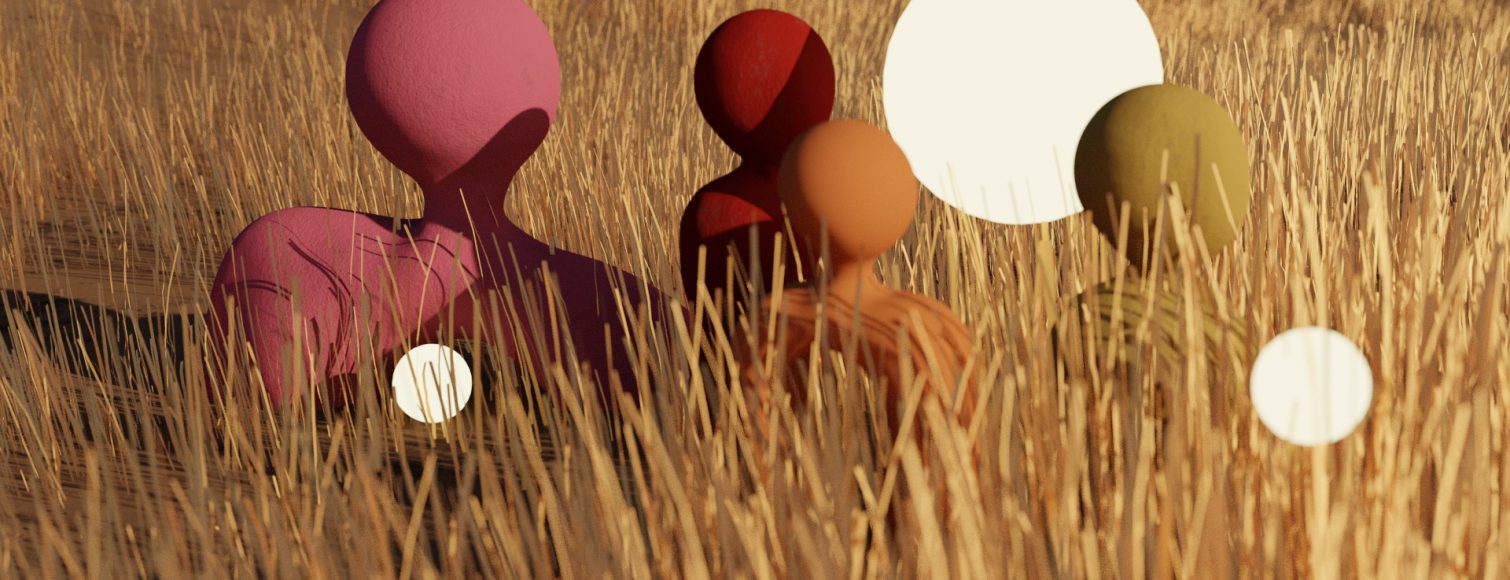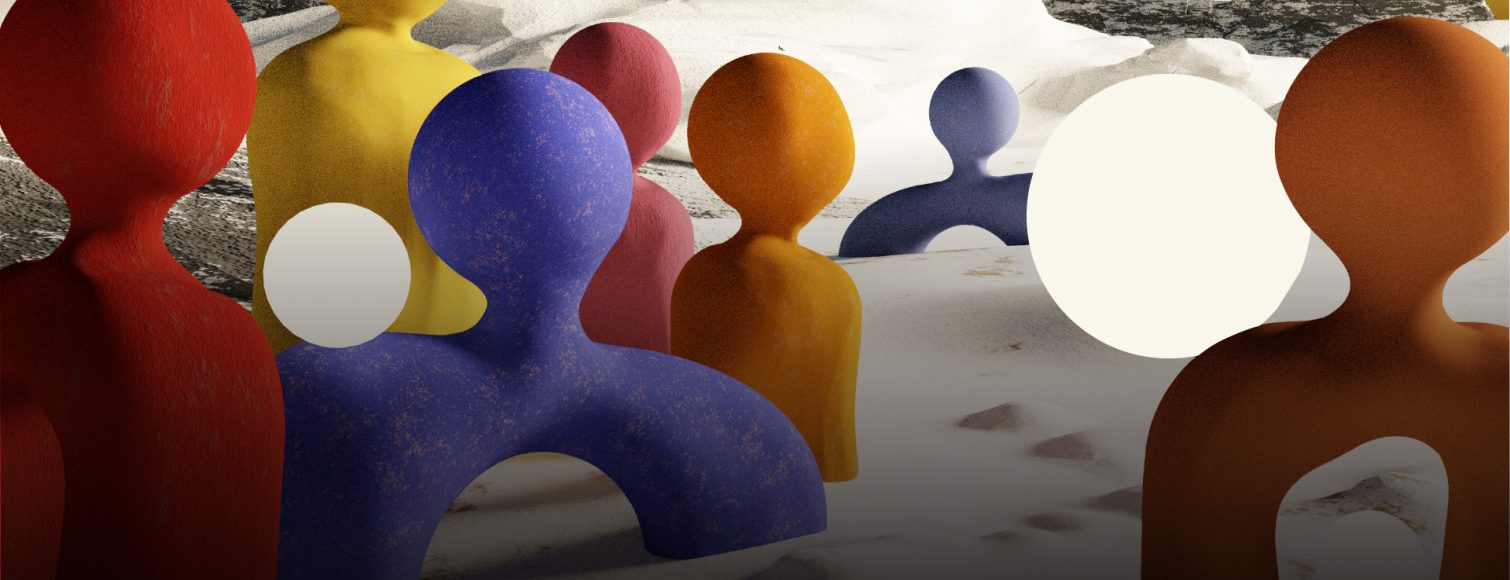
In de Lipkens Lectures lezingenreeks duikt Studium Generale samen met het Academisch Erfgoedteam van de Library in de geschiedenis. Wat betekende het vroeger om een ingenieur te zijn? Hoe is de rol van technologie in de maatschappij veranderd, en hoe plukken we daar tegenwoordig de vruchten van? Wat kunnen hedendaagse ingenieurs leren van de geschiedenis van wetenschap en technologie?

Join our new free reading club about History, Technology, and Culture! This group is open to everyone, including students, staff members, and their partners.

In all religious traditions across the world, mystic movements can be found. Mysticism often refers to becoming one with God but may also refer to any altered state of consciousness with a religious or spiritual meaning. Sufism is the mystic movement of Islam and is characterised by particular values, doctrines, institutions and religious practices.

Due to unforeseen circumstances, this lecture is being postponed till February 8th 2022

How will internet, AI, and connectivity change our world, our sense of self, and way of being in the world? Will they take us down a whole new path of evolution? Join us for a free movie and pizza night!

What is African philosophy? What are its central values and perspectives, and how do they differ across the continent? “The idea of an African philosophy is still controversial, with many in academia denying its existence and/or its possibility to exist.” This opening line from one of Grâce Ndjako’s previous lectures sets the tone for today’s topic.

In de vroege jaren van het internet werd technologie nog als de grote gelijkmaker gezien: in cyberspace waren we in staat in volledige vrijheid en geheel op eigen kracht een nieuwe en betere wereld te creëren. Een wereld waar voor iedereen een gelijkwaardige plek was en waar ongelijkheid tot het verleden behoorde.

Join us reading and discussing this highly acclaimed poem/novel by globetrotting Russian author Vladimir Nabokov. Join us on Tuesday, December 7th, in an informal conversation about the book’s themes together.

Rondom 1960 hadden we in Nederland een energietransitie: de overgang van kolen naar aardgas. Je hoefde niemand van de voordelen te overtuigen. Nu hebben we weer een energietransitie: we moeten van het aardgas af. Daarom verschijnen er windmolens in onze achtertuin, veranderen weilanden in zonnecelvelden en moeten we onze huizen voor 50.000 euro isoleren anders werkt die warmtepomp niet.

What are the core principles and values of Indian philosophies? How were they formed, and how did they in turn shape Indian society?










